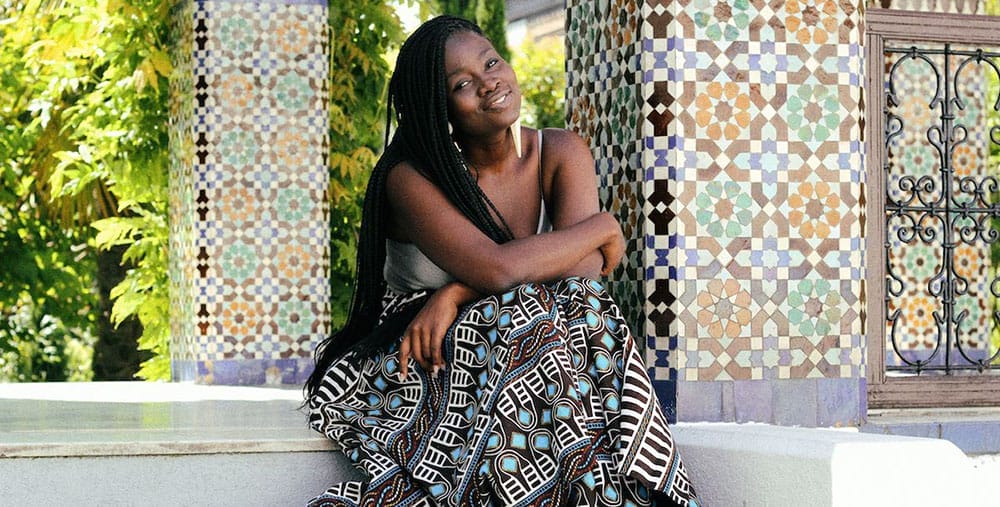In the heart of Dakar, Senegal, Sarah Diouf is building more than a fashion label, she’s crafting a movement. With her brand Tongoro Studio, Diouf is reshaping how the world sees Africa: not as a place of borrowed influence or occasional inspiration, but as a central force in defining the future of style, identity, and creative commerce.
Diouf, a Franco-Senegalese entrepreneur and creative director, launched Tongoro in 2016 with a clear and focused mission, to create affordable, accessible, and authentically African-made fashion for women across the continent and beyond. But Tongoro was never just about clothes. It was about ownership, of narrative, of production, of pride.
ALSO READ: Omoyemi Akerele: Architect of Africa’s Fashion Future
Raised in Côte d’Ivoire and educated in Paris, Diouf understands the cultural duality many members of the African diaspora live with. That very tension, between roots and reach, heritage and modernity, fuels her vision. Her designs are bold, free-flowing, unmistakably feminine. They channel West African aesthetics while maintaining a global polish, drawing on wax prints, lightweight silhouettes, and fluid tailoring that defies seasonal rules.
What truly sets Diouf apart is her commitment to local manufacturing and ethical supply chains. At a time when many designers outsource production abroad, she insists on keeping everything, from sketch to stitch, in Dakar. In doing so, she has built a business that not only exports African creativity but invests in African infrastructure. Tongoro’s atelier has trained local tailors and artisans, created jobs, and developed a replicable model for fashion entrepreneurship in other African cities.
ALSO READ: Nombasa Tsengwa: A Woman of Steel Leading Transformation from the Ground Up
Her business philosophy is both fierce and functional: design globally, produce locally, scale sustainably.
This blueprint has earned Tongoro global recognition. In 2019, pop icon Beyoncé wore a Tongoro design in her Spirit music video, a moment that turned eyes and search engines toward Dakar. Since then, celebrities including Naomi Campbell, Burna Boy, and Alicia Keys have been spotted in Diouf’s pieces. But the validation that matters most to her comes not from fame but from seeing African women wear Tongoro in their daily lives, owning their beauty and power.
Beyond the runway, Diouf has become a thought leader in the creative economy. She speaks frequently about the importance of intellectual property, fair trade, and the need for African brands to control their image at home and abroad. Through her digital storytelling background, including her earlier work with Ghubar magazine, she’s always understood that Africa’s future isn’t just about resources; it’s about narrative capital.
ALSO READ: Palesa Mokubung: Stitching Power, Heritage, and Global Ambition Into Every Seam
Diouf’s work represents a larger shift happening in the creative industries: a reclamation of voice, vision, and value by Africans on the continent and in the diaspora. Hers is not a career driven by trend cycles but by long-term cultural engineering. With every collection, she challenges the idea that luxury must be European, or that Africa’s role is simply to inspire, not lead.
At just 30-something, she sits at the intersection of fashion, impact, and innovation, as a designer, a founder, a disruptor. She is living proof that creativity, when paired with structure and purpose, can be a powerful engine for both self-expression and systemic change.
As Tongoro expands and inspires similar models across the continent, Sarah Diouf’s legacy is becoming clear: she is not only dressing Africa for the world stage, she is ensuring it owns the runway.

